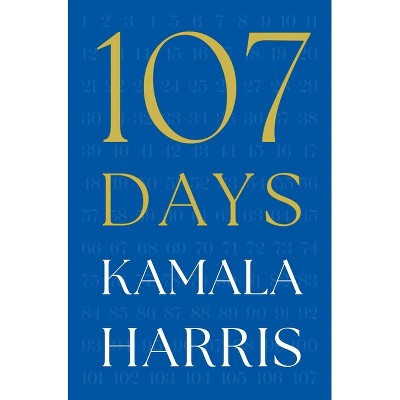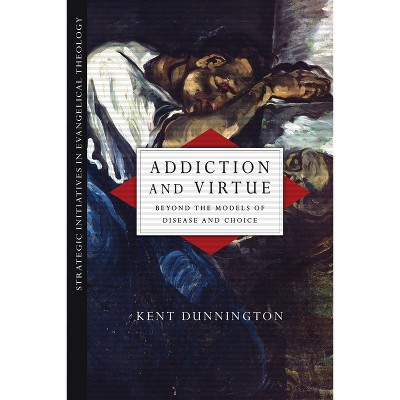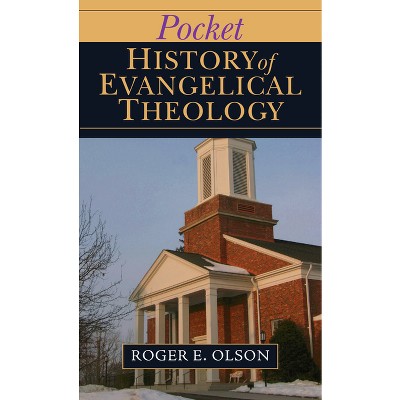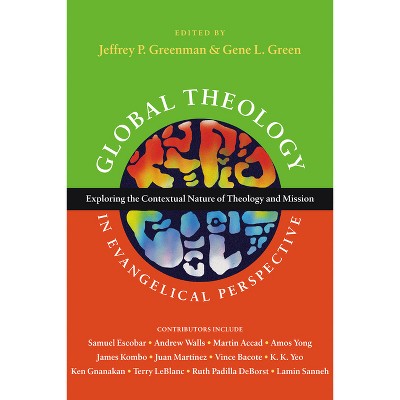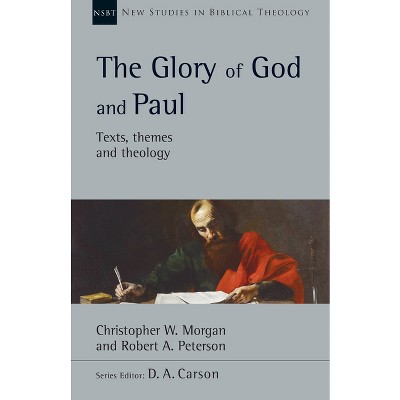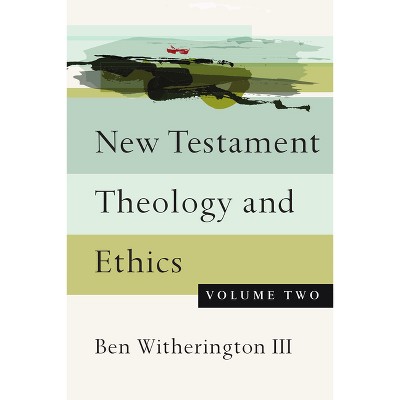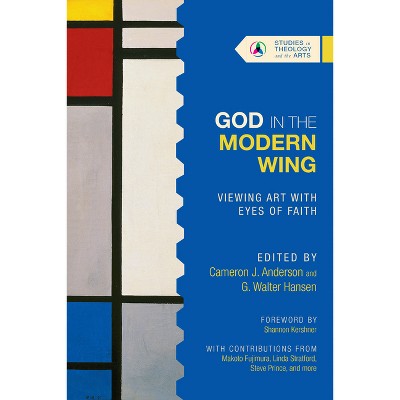Theology's Epistemological Dilemma - (Strategic Initiatives in Evangelical Theology) by Kevin Diller (Paperback)

About this item
Highlights
- The problem of faith and reason is as old as Christianity itself.
- About the Author: Kevin Diller (PhD, University of St. Andrews) is associate professor of philosophy and religion at Taylor University in Upland, Indiana.
- 352 Pages
- Religion + Beliefs, Philosophy
- Series Name: Strategic Initiatives in Evangelical Theology
Description
About the Book
Karl Barth and Alvin Plantinga are not thought of as theological allies. Barth is famous for his opposition to philosophy's role in theology, while Plantinga is famous for his emphasis on warranted belief. Kevin Diller argues that they actually offer a unified response to the central epistemological dilemma in theology.
Book Synopsis
The problem of faith and reason is as old as Christianity itself. Today's philosophical, scientific and historical challenges make the epistemic problem inescapable for believers. Can faith justify its claims? Does faith give us confidence in the truth? Is believing with certainty a virtue or a vice?In Theology's Epistemological Dilemma, Kevin Diller addresses this problem by drawing on two of the most significant responses in recent Christian thought: Karl Barth's theology of revelation and Alvin Plantinga's epistemology of Christian belief. This will strike many as unlikely, given the common stereotypes of both thinkers. Contrary to widespread misunderstanding, Diller offers a reading of both as complementary to each other: Barth provides what Plantinga lacks in theological depth, while Plantinga provides what Barth lacks in philosophical clarity. Diller presents a unified Barth/Plantinga proposal for theological epistemology capable of responding without anxiety to the questions that face believers today.
Review Quotes
"Both scholarly and approachable, this volume should be engaging to any serious student of philosophy or religion or religious epistemology."
--James Wetherbee, Library Journal, November 15, 2014"I found Diller's exposition of Plantinga lucid and illuminating. . . . Diller's text is, overall, cogent and clearly argued--a notable contribution to analytical theology. Specialists in theology and philosophy will want to give it careful attention. . . . Diller's provocative proposal promises to enrich constructive theology for years to come."
--J. Scott Jackson, Anglican Theological Review, 98.3"Kevin Diller's study offers a courageous and provocative invitation to reconsider what he calls the 'epistemological dilemma' of Christian theology. Committed to ultimate trust in its subject-matter, the reality of the Triune God in his Trinitarian self-revelation, it may not give in to relativizing suspicions of the human capacities of knowledge, but is called to embrace a commitment to the logos of theology, the capacities of human rationality, created, fallible, fallen, and yet destined to participate in the truth that God is and gracefully discloses to his created images. Starting from a concise analysis of Barth's theology of revelation and its 'theo-foundational' epistemology, Diller engages Alvin Plantinga's reformed epistemology, carefully reconstructed and defended against its philosophical critics, in a sustained conversation. The outcome is the proposal of a 'unified response' to the epistemological dilemma, drawing on the intellectual resources of both enterprises, rather than constructing a master theory which transcends them both. Blowing like a fresh wind through prejudices and complacencies that have haunted the relationship between philosophy and theology in modern times, Diller's argument explores with philosophical precision and theological depth the possibilities of a Christian epistemology, where neither philosophy nor theology lose their intellectual integrity or Christian commitment. Reading this book is a liberating experience because it encourages its readers to engage theology philosophically and philosophy theologically, both critically and constructively, in the expectation that they both have much to gain from an exchange that is no longer tied to preconceived but often poorly grounded rules of engagement."
--Christoph Schwöbel, University of Tübingen"This is an interesting work that is certainly useful in explaining not only two towering Christian thinkers, but in showing how they are very similar (and somewhat different)."
--J. Brian Huffling, Christian Apologetics Journal, Fall 2015About the Author
Kevin Diller (PhD, University of St. Andrews) is associate professor of philosophy and religion at Taylor University in Upland, Indiana. He holds graduate degrees from Princeton Theological Seminary and Calvin Theological Seminary, and completed postdoctoral work at the University of Notre Dame where he was awarded the prestigious Frederick J. Crosson Fellowship from the Notre Dame Center for Philosophy of Religion.




